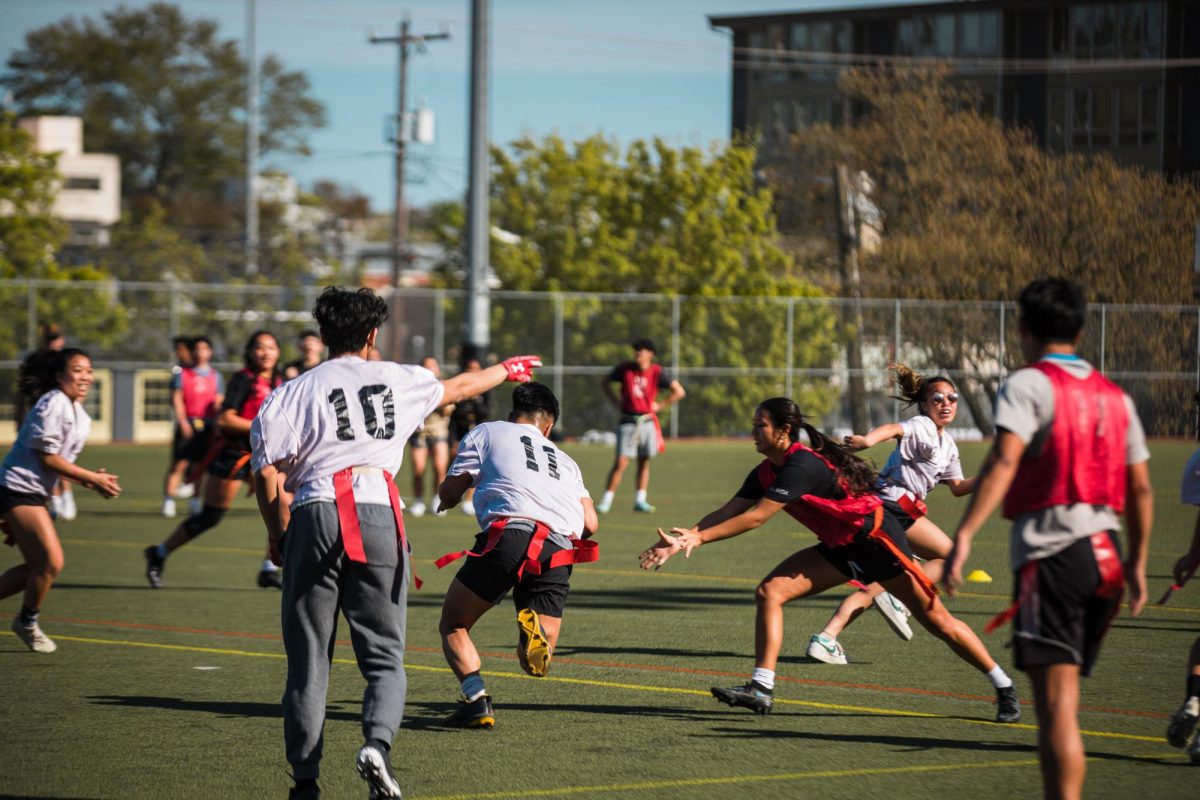As the fall quarter gets into full swing, club sports are giving Seattle University students ways to meet new friends and keep their minds and bodies active.
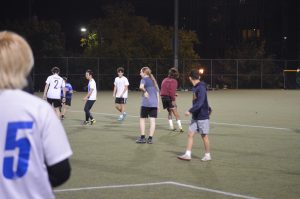
Anyone living on the southern part of campus has likely seen or heard Club Co-Ed Soccer practice, down on the turf at Seattle University Park. The club sees between 20 and 40 students at their practices, which occur every Wednesday at 8 p.m..
Vice President Vincent Reitinger, a third-year mechanical engineering major, joined the co-ed and men’s club teams as a first-year, following his older brother. Reitinger gave insight into community club sports on campus provided students.
“The main reason we’re here is to just have fun,” Reitinger said. “It doesn’t really matter what skill level you are.”
The weekly practices are meant to provide students with a relaxed outlet for casual soccer that anyone is welcome to join. Colin Crawford, a second-year mechanical engineering major, played soccer throughout his life before joining Club Co-Ed Soccer.
“I figured it was a great way to continue playing without committing to a D1 level,” Crawford said.
The travel schedule and rigor of Seattle U’s Division I team is not for everyone. According to Luz Thunder, a third-year marketing major and member of the club’s board, co-ed soccer aims to not overwhelm members as their quarters get busier.
“If you are just trying to come out and play soccer with some other college students, this is the place to do it,” Thunder said.
This quarter, Thunder and the other members of the club’s board will focus on recruiting first-years to the club. Later in the season, co-ed soccer will participate in a regional league, where the team gets connected with other regional schools and adult rec teams, against which they can test their mettle.
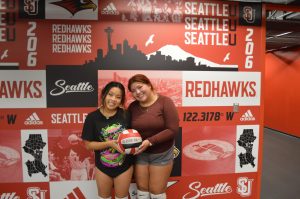
Two blocks away on the Redhawk Center’s North Court, the Women’s Volleyball Club has practice twice a week—Mondays and Wednesdays at 7 p.m.. Club President Jaelynn Pascual, a third-year nursing major, and Vice President Allie Dia, a fourth-year nursing major, are similarly focused on recruiting new students to their welcoming volleyball environment. Pascual and Dia met through the club and became close friends.
“We want them to play, even if they’ve never even touched a volleyball before,” Pascual said. “Even the members of the board all come from different levels of experience.”
At other schools, club dues can be a challenge for players, causing some to have to drop the sport. Dia made it clear that this is not the case for the Women’s Volleyball Club at Seattle U. They try to keep dues as low as possible to make it accessible to students and prevent financial strain as Pascual claimed their club fees have never surpassed $50.
Later this year, the women’s volleyball club team plans to face other Washington-based club teams, such as the University of Washington and other teams across the state. The club is a member of the Pacific Intercollegiate Volleyball Association, which spans Washington, Oregon, Montana and Idaho.
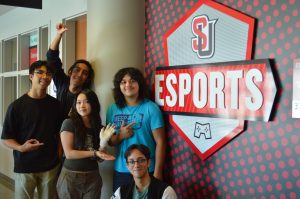
Seattle U’s Esports Club is another club sport active on campus this year. President Michael Albert, a third-year anthropology and sociology double major, is ramping up the club for monthly events, both in person and online.
“It’s not just about gaming,” Albert said. “It’s about community.”
Last year, the club ran quarterly casual tournaments primarily for Nintendo’s popular fighting game franchise Super Smash Bros. This year, Albert is planning events that include more accessible party games, mentioning Mario Kart, Jackbox, board games and potentially trivia as event ideas the club is working on.
Gaming has a notably higher cost of entry compared to other sports. The technology required to build skill can cost hundreds of dollars. But the esports club aims to open the gates with events and by reserving the University Recreation-operated esports room in the Student Center.
“Whether they’re a gamer or non-gamer, if they want to just have fun and play some games on whatever devices we bring, they can come along and join,” Albert said.
In competition, the esports club matches up against partner schools like the University of Washington. They also work with the North American Collegiate Esports (NACE), although the NACE season begins before fall quarter starts, which makes it difficult for the club to assemble teams in time. Currently, the club has two Valorant teams and one Super Smash Bros. Ultimate team competing in the NACE League.
Seattle U has many other active club sports: women’s soccer, men’s soccer, crew, ultimate, women’s lacrosse, water polo, pickleball, roundnet (also known as spikeball) and men’s volleyball.
Club sports provide the Seattle U community with relaxed, friendly environments to play sports without the burdensome time or financial commitments.






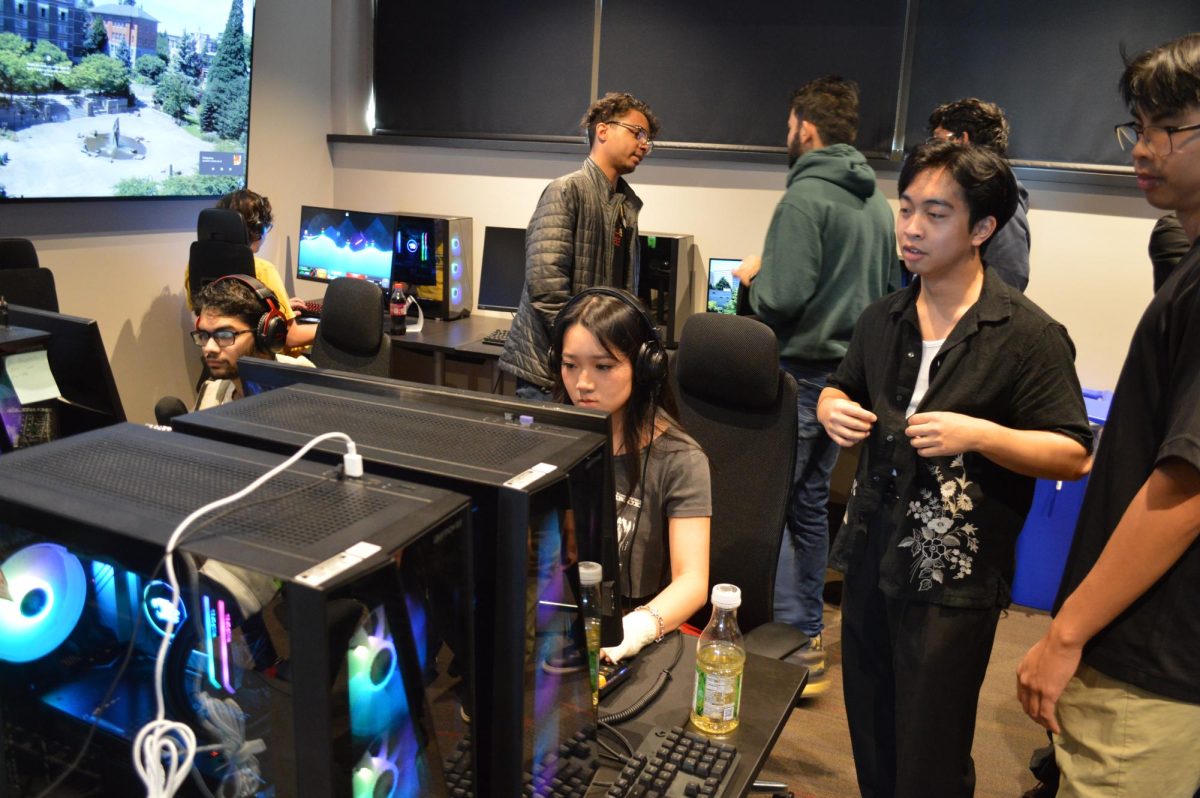
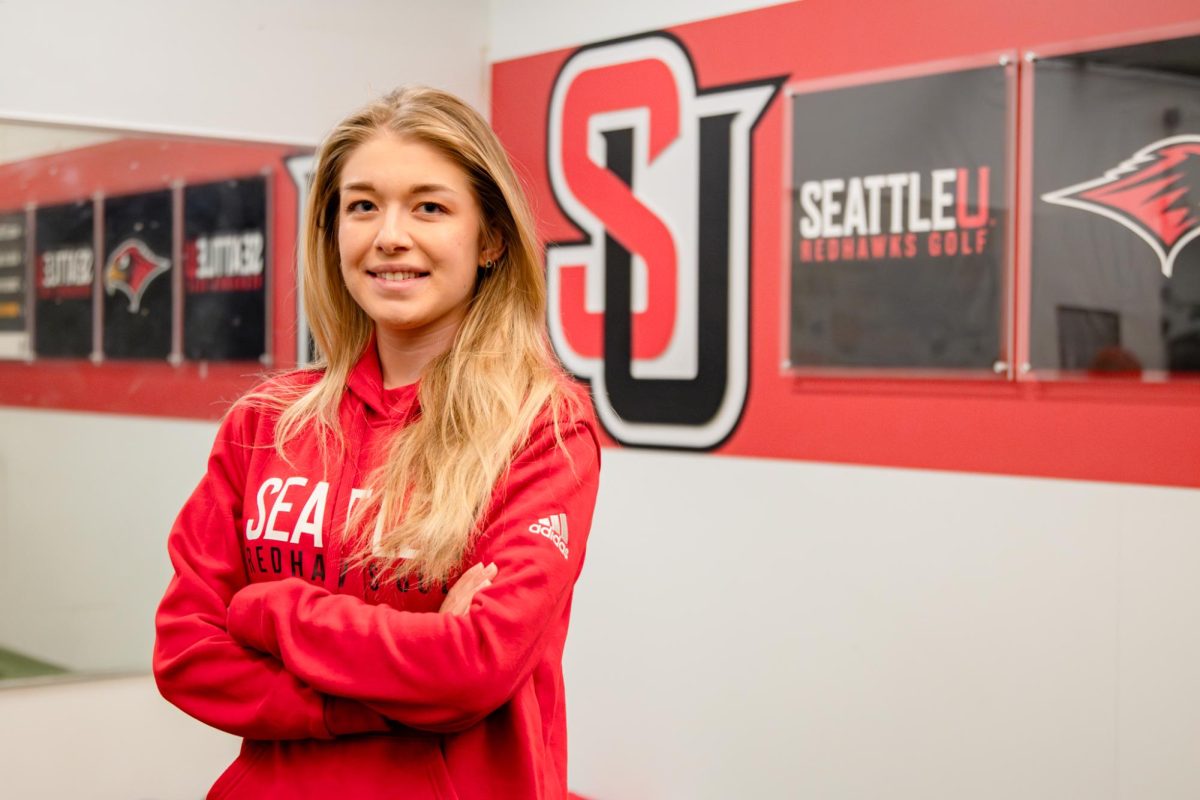
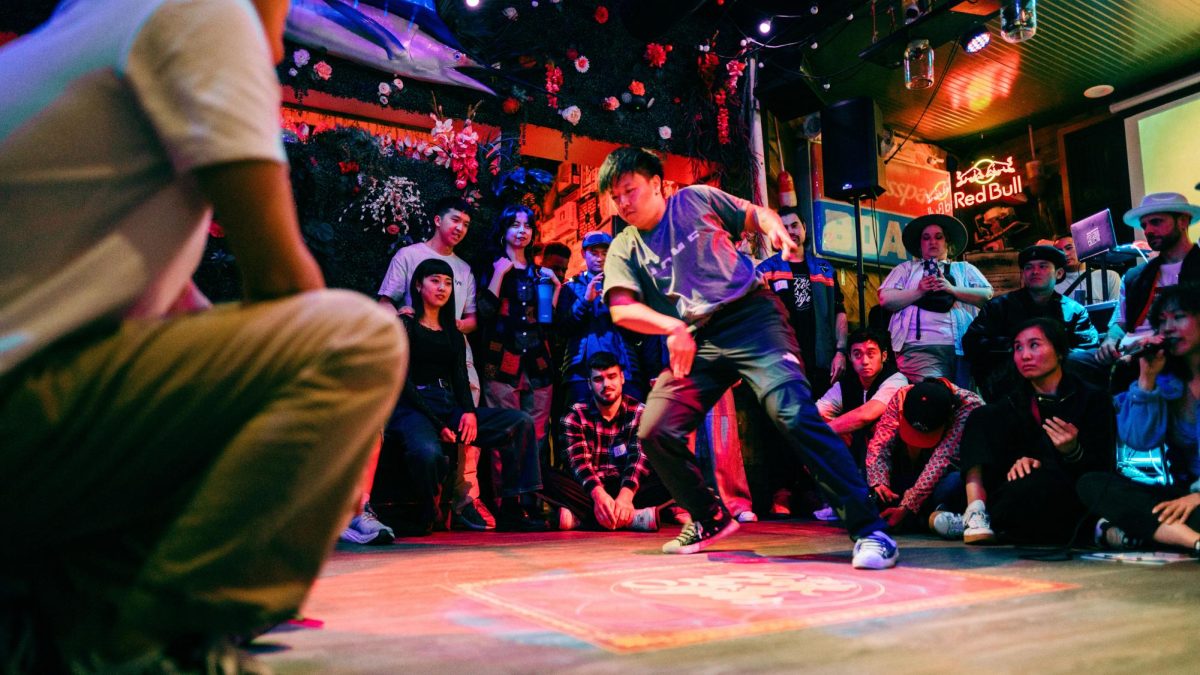
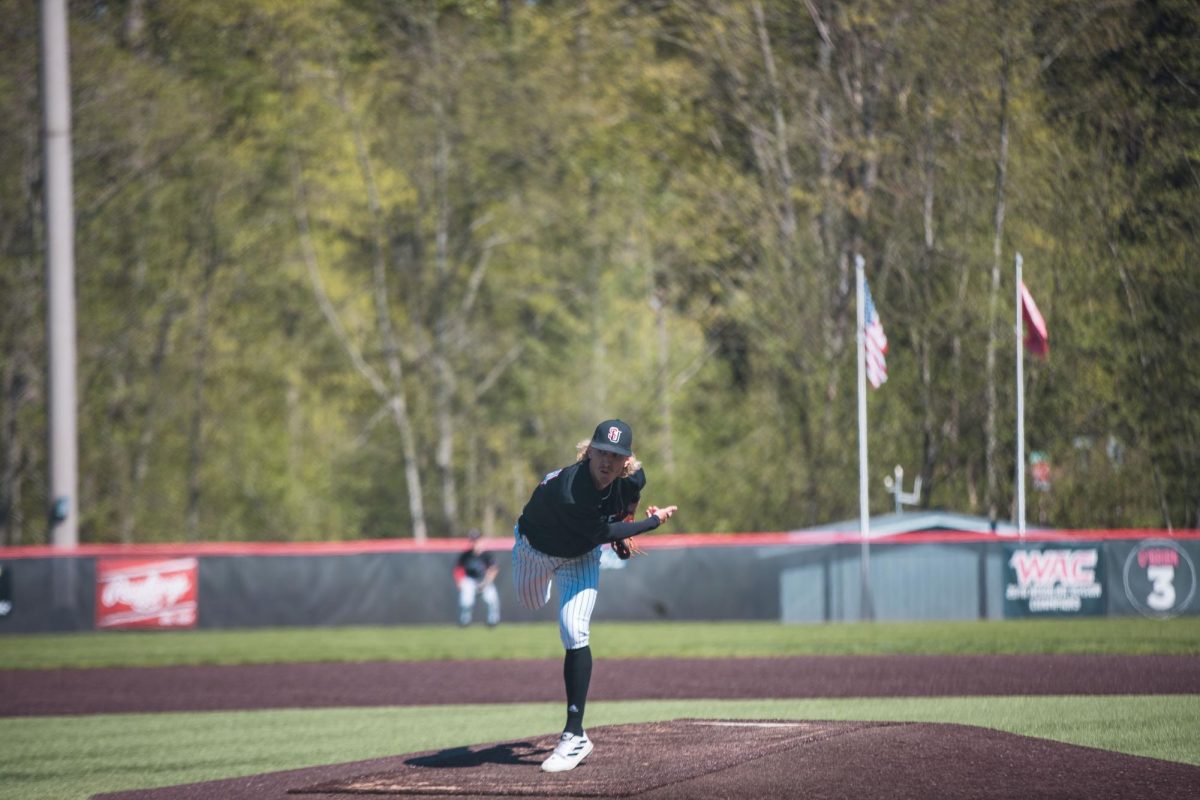
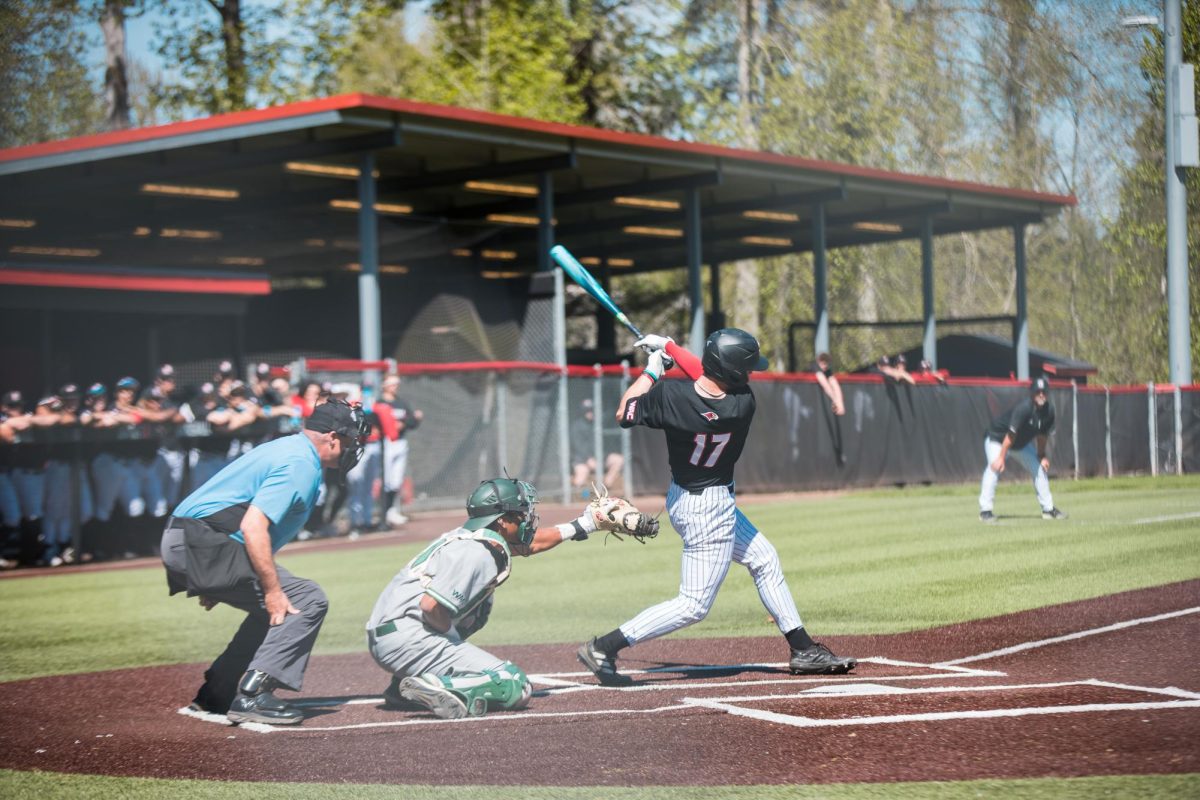
![The 2024 NBA Playoffs’ Best Moment May Be the First Round [Opinion]](https://seattlespectator.com/wp-content/uploads/2024/04/NBAPlayoffWeb-1200x791.jpg)
